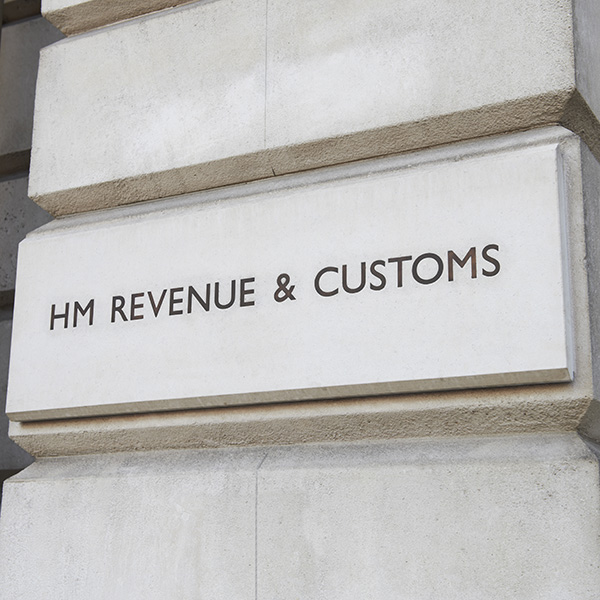Wealth management skills are as important as developing work ethic, personal interests, and social values. Communicating a consistent family message and encouraging the next generation to develop their own beliefs is key to passing on wealth successfully. As well as providing personalised strategic tax advice, EAG Tax will work alongside your chosen financial adviser and other trusted professionals to help meet your financial wealth objectives.
Family

Inheritance Tax
The annual Inheritance Tax (IHT) receipts received by HMRC in 2021/22 reached £6.1 billion. IHT looks at an individual’s estate on death and reviews transfers during the seven years prior to death; in some instances, this extends to fourteen years.
The standard rate of IHT is 40%, imposed on an estate value after the various available exemptions and reliefs. IHT is due six months after the end of the month in which the death occurs. The Direct Payment Scheme form IHT423 allows the deceased’s available bank funds to cover this.
At EAG Tax we can calculate your current IHT exposure and work with you to structure your plans tax efficiently. Should you have concerns regarding specific business tax reliefs, we can review assets of concern and advise on how to strengthen the position.

Trusts
These entities can be thought of as limited to the ultra-wealthy, but with the majority of trusts now attracting their own IHT regime, non-tax benefits often lead the reason for their creation.
Trusts can protect beneficiaries (recipients of the trust) from themselves and others. Protection from the impact of divorce and creditors can also drive their creation by settlors. Some grandparents may create trusts to ensure income streams can continue in the event of their death – for example, without the administration of probate, these trusts might cover expenditure such as grandchildren’s school fees.
At EAG Tax we can assist with the decision-making process of creating a trust, detail the initial and ongoing tax implications as well as the annual compliance obligations.

Philanthropy
Charities rely on the generosity of their donors, and the UK tax code has been drafted to incentivise us to give more.
Charitable donations can reduce Income Tax, Corporation Tax, IHT and exempt certain assets from Capital Gains Tax. They can also assist with specific charges such as the High Income Child Benefit Charge and the Annual Pension Allowance.
At EAG Tax we can advise on annual Income and Corporation Tax mitigation, review assets that might benefit from charitable gifting, and assess the impact of leaving a gift in your will on your IHT exposure.
Useful links:

Tax Efficient Investments
As tax advisers we are not permitted to provide investment advice and we highly recommend you engage an Independent Financial Adviser to assist with your investment needs.
Some investments generate income that does not attract an Income Tax liability, others reduce your Income Tax position and a few offer an exemption from Capital Gains Tax on sale. ISAs are a tax-free wrapper which can accumulate significant tax benefits over a person’s lifetime. Retirement should also play a large part in your wealth management plan, with pensions attracting generous tax benefits.
At EAG Tax we can work alongside your chosen financial adviser and other trusted professionals to help meet your financial wealth objectives.
Useful links:
- https://www.fca.org.uk/consumers
- https://www.gov.uk/individual-savings-accounts
- https://www.nsandi.com/products/premium-bonds
- https://www.thepensionsregulator.gov.uk
- https://www.gov.uk/tax-on-your-private-pension/annual-allowance
- https://www.moneyhelper.org.uk/en/pensions-and-retirement/tax-and-pensions/tax-relief-and-your-pension
- https://www.gov.uk/check-state-pension

Divorce
Whilst tax is unlikely to be something you want to think about when going through a divorce process, it is an important aspect to consider, particularly if you need to finance an immediate tax charge. Understanding the tax cost of assets received and the availability of reliefs is also important.
Divorce solicitors should ensure all assets and liabilities are itemised. Not all assets may be obvious from the outset, particularly those that do not cover your current outgoings. If you factor in business assets or unusual tax structures, the tax picture can become complicated.
At EAG Tax we can help you understand the overall position and implications of new asset income streams, whilst highlighting future tax exposure.
Useful links:

Self Assessment
Although Self Assessment is seen by some as a New Year burden, there is a benefit in the process of collating all the data to prepare the tax return, and in undertaking it before the 31 July payment deadline if possible. This is where all the pieces of the puzzle are brought together, post-tax year-end planning can begin and elections/disclosures are made.
At EAG Tax we aim to make this process as stress free as possible, seeing it not only as an administrative process, but also as an opportunity to reflect with you on your financial situation.
Useful links:
